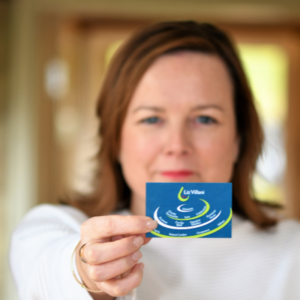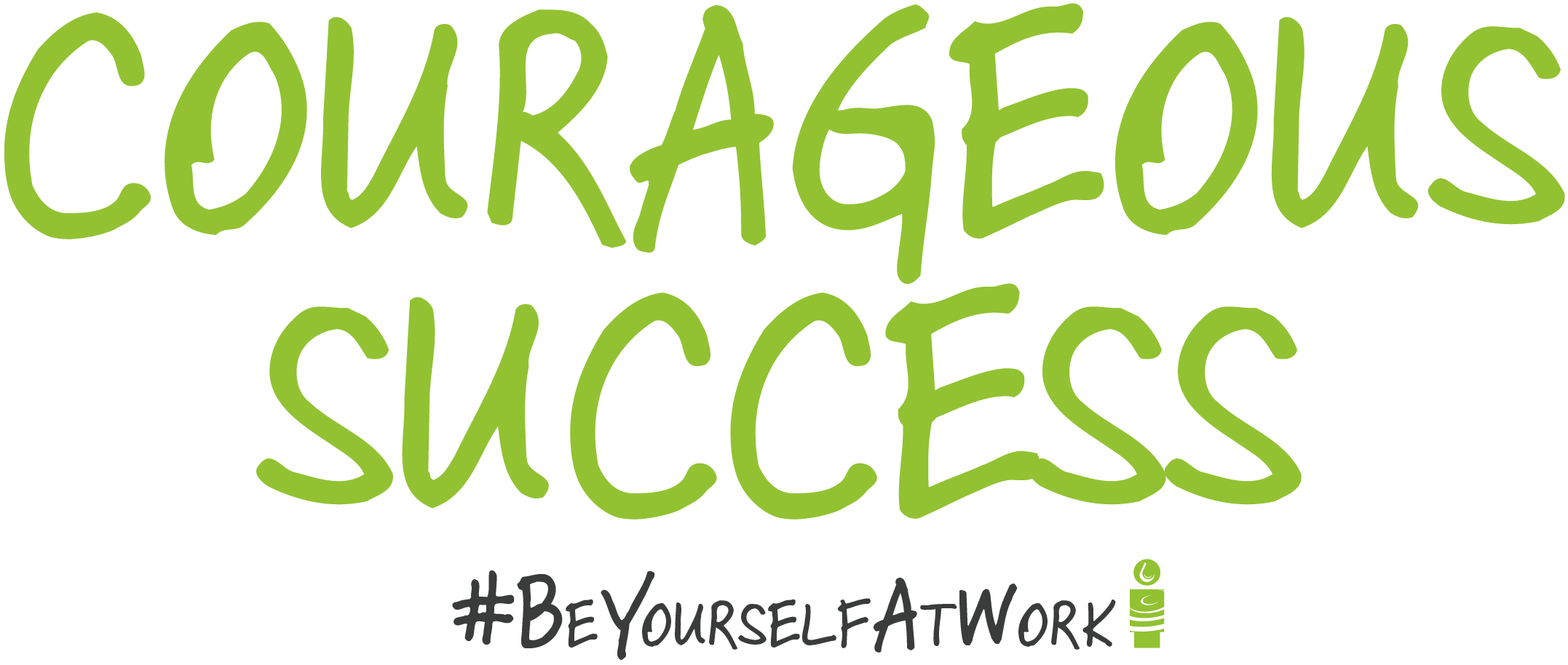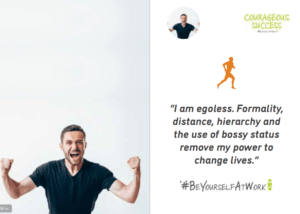100% of people feel that they have to prove their competence.
(#beyourselfatwork Global Survey 2020)
What are your strategies to impress? Last week watching Gogglebox (!) I learnt the word ‘portentous’. It’s meaning? ‘Done in a pompously or overly solemn manner so as to impress’.
That’s it! This is what we do at work. We get more serious to look and sou nd more impressive. We move into ‘professional’ us moving away from who we are resulting in often presenting the opposite impression that we want to make. There are also a number of challenges to this strategy to impress;
nd more impressive. We move into ‘professional’ us moving away from who we are resulting in often presenting the opposite impression that we want to make. There are also a number of challenges to this strategy to impress;
- It is catching – people copy us and before we know it the workplace culture has become more dehumanised.
- If we have to change to impress, then obviously we must not be good enough. And so, we perpetuate a cycle of inner imposter syndrome and insecurity.
- Creativity and innovation suffer as we dampen down energy.
- Work becomes work, something separate to life, where we have to behave in a certain way or be only part of ourselves.
In last years #beyourselfatwork global survey we asked people all around the world what stops them from being themselves at work. The results;
83% Professionalism 67% Self Confidence 33% Their Manager 33% Company Culture.
The greatest overall pattern being themselves. We unconsciously change. The need to appear professional comes from ourselves. It is us that has the lack of confidence – by the way – most of the time people will be admiring your confidence especially when you let go and just get on with it as you. Your reactions to your manager and culture are your reactions. They are not done to you.
Portentous – what a word – it sounds impressive right? Probably a bit too close to pretentious for most of us. The point is this, when you decide to impress how about you exaggerate yourself, the real you rather than acting? We need to trust ourselves and decide to believe in ourselves and be the managers and create the culture that we want. An environment where people don’t need to be ‘portentous’.
To help here is an exercise that we use in some of our imposter syndrome webinars;
- Make a list of what you feel you need to be to prove your competence at work E.g.
- Use data and fact, plan, prepare.
- Management speak.
- Copy others style, be more serious, portray a more professional image.
- Ask lots of questions.
- Stick to what you know.
- Hold back the jokes, be what I think others want to see
- Self deprecate or be more assertive.
- Work harder and do things yourself
- Next make a list of your positive feedback. If you don’t have any ask yourself wat’s great about you? g.
- Friendly, open.
- Knows her stuff, will challenge, focused.
- Commercial, ingenious
- Kind, funny.
- Clear in communication and opinion, strong.
Now question the imbalance. Does what you do to impress correlate and result in the characteristics seen in your positive feedback? Some of it might – especially if you have ‘professional’, ‘knows her stuff etc’. But look at the more human aspects of your positive feedback and more frequently than not the impressive strategies remove these. The answer? Be You!

